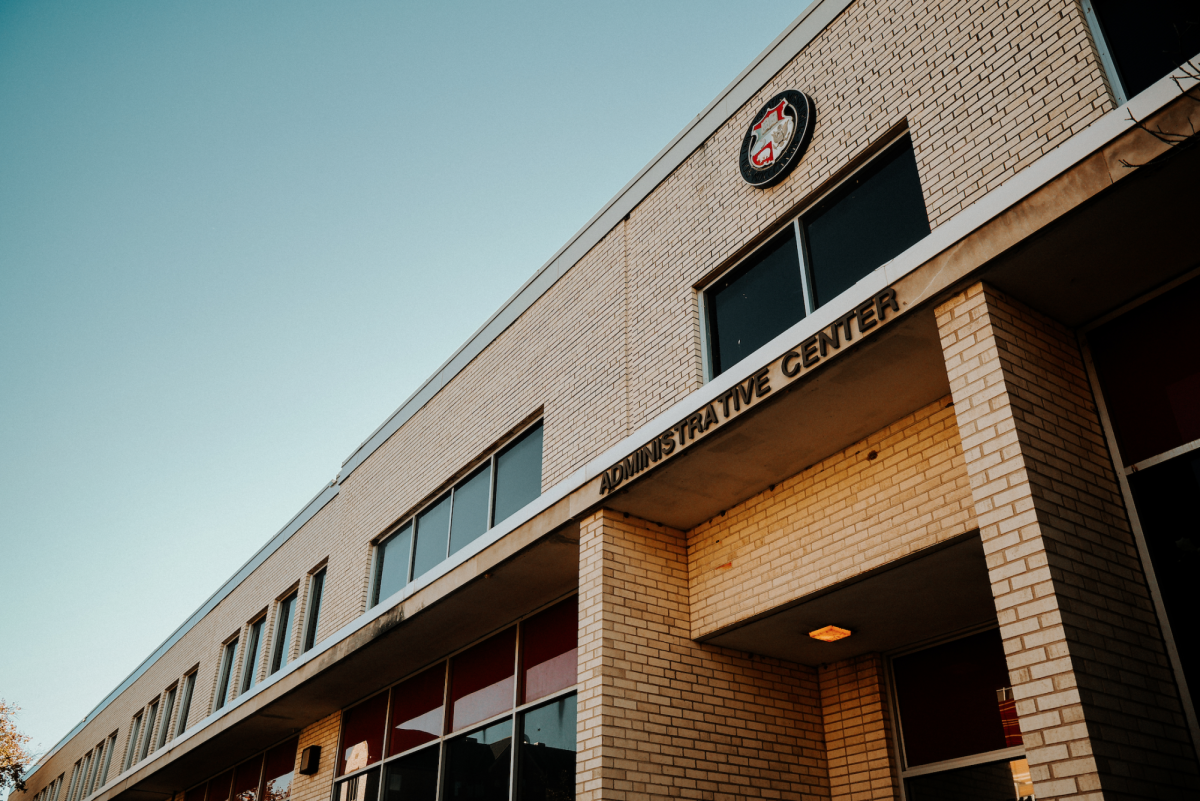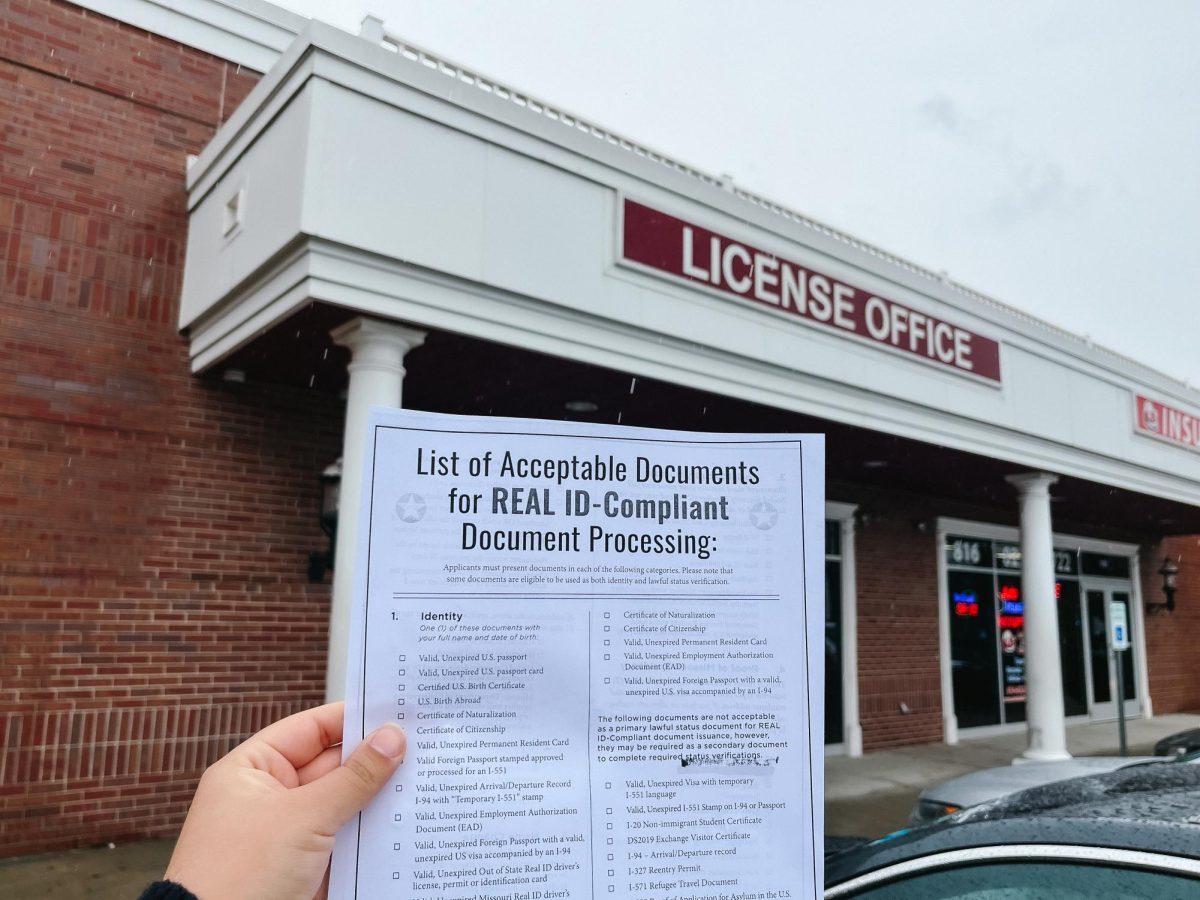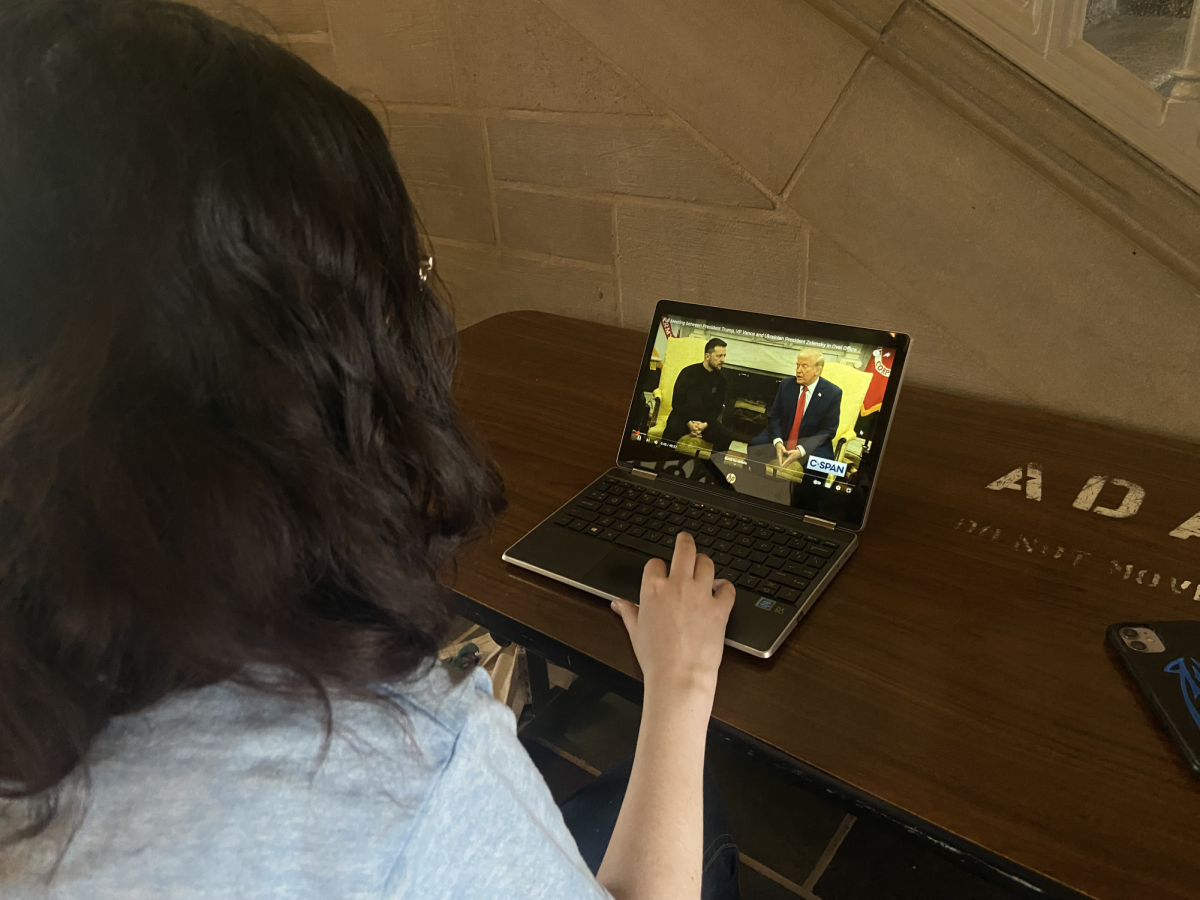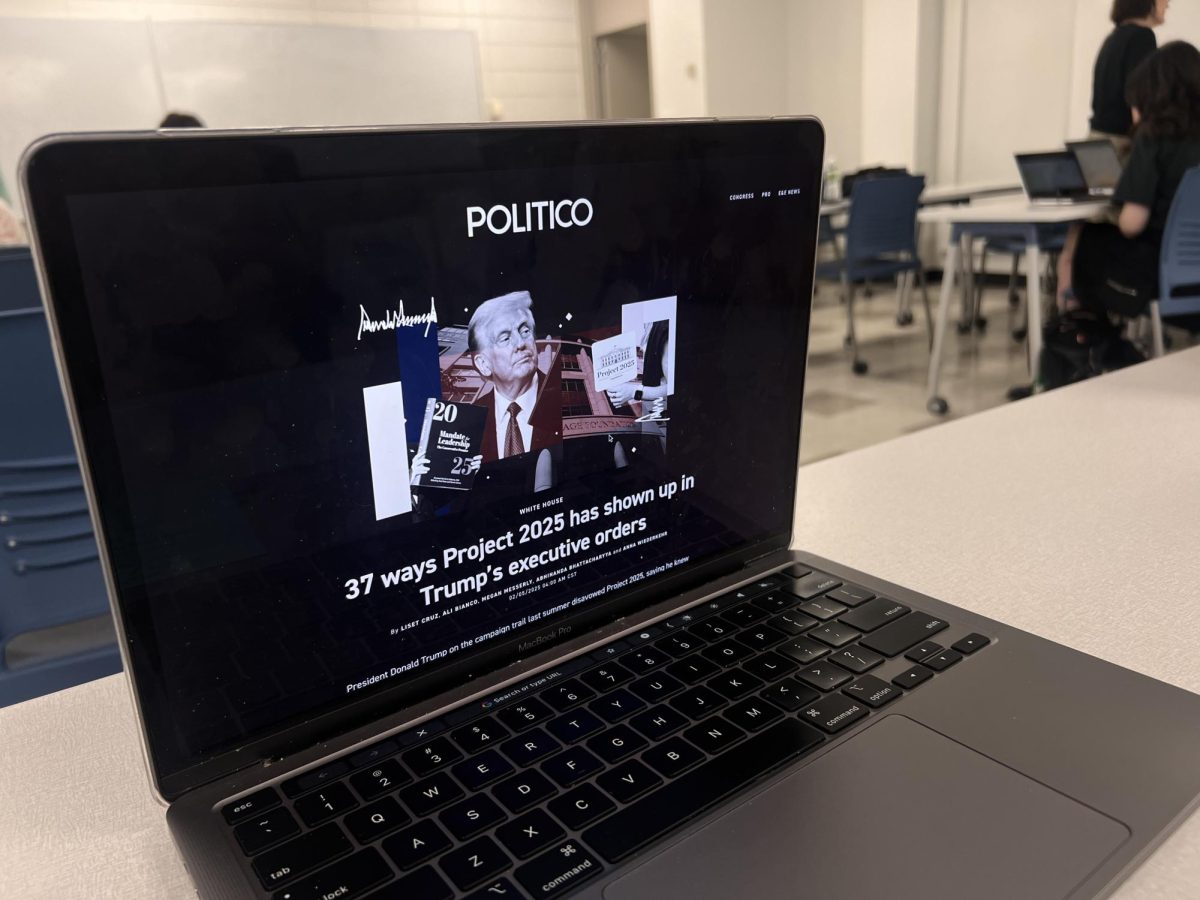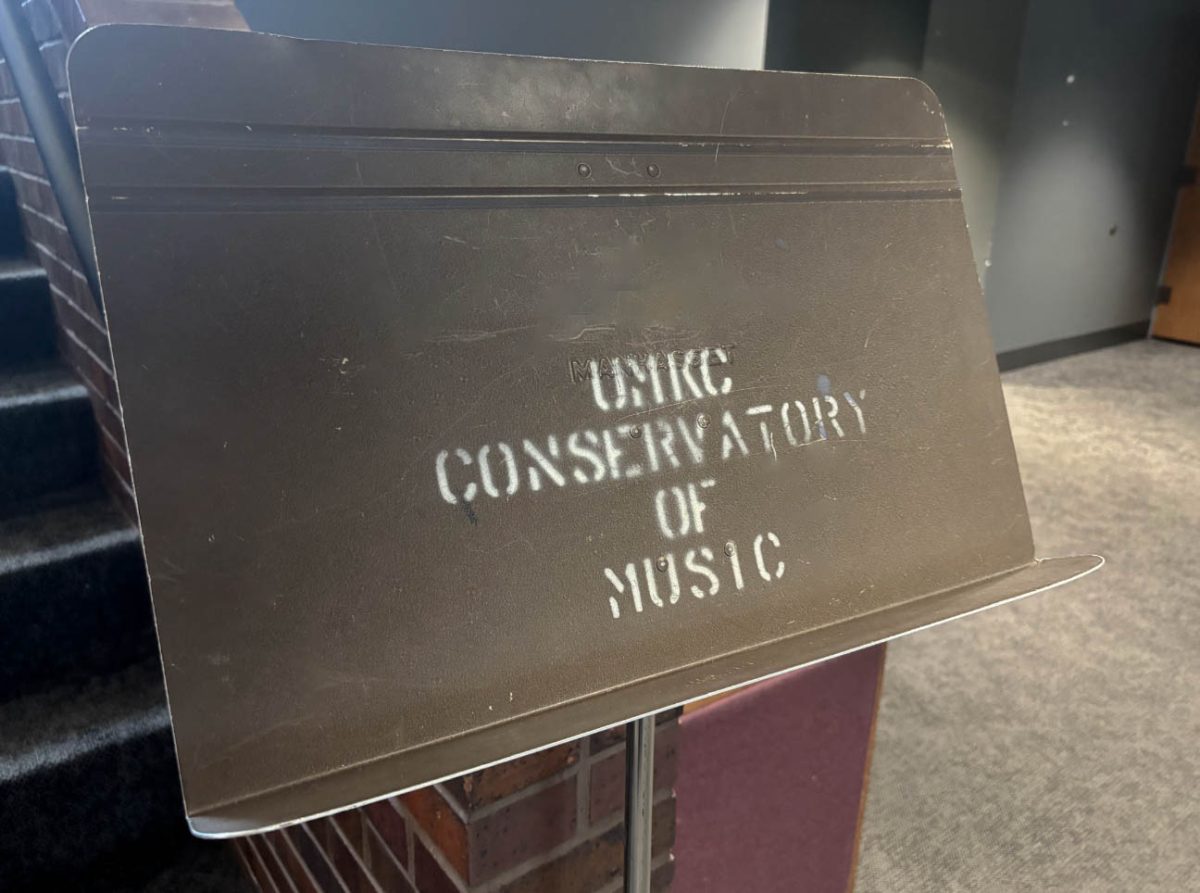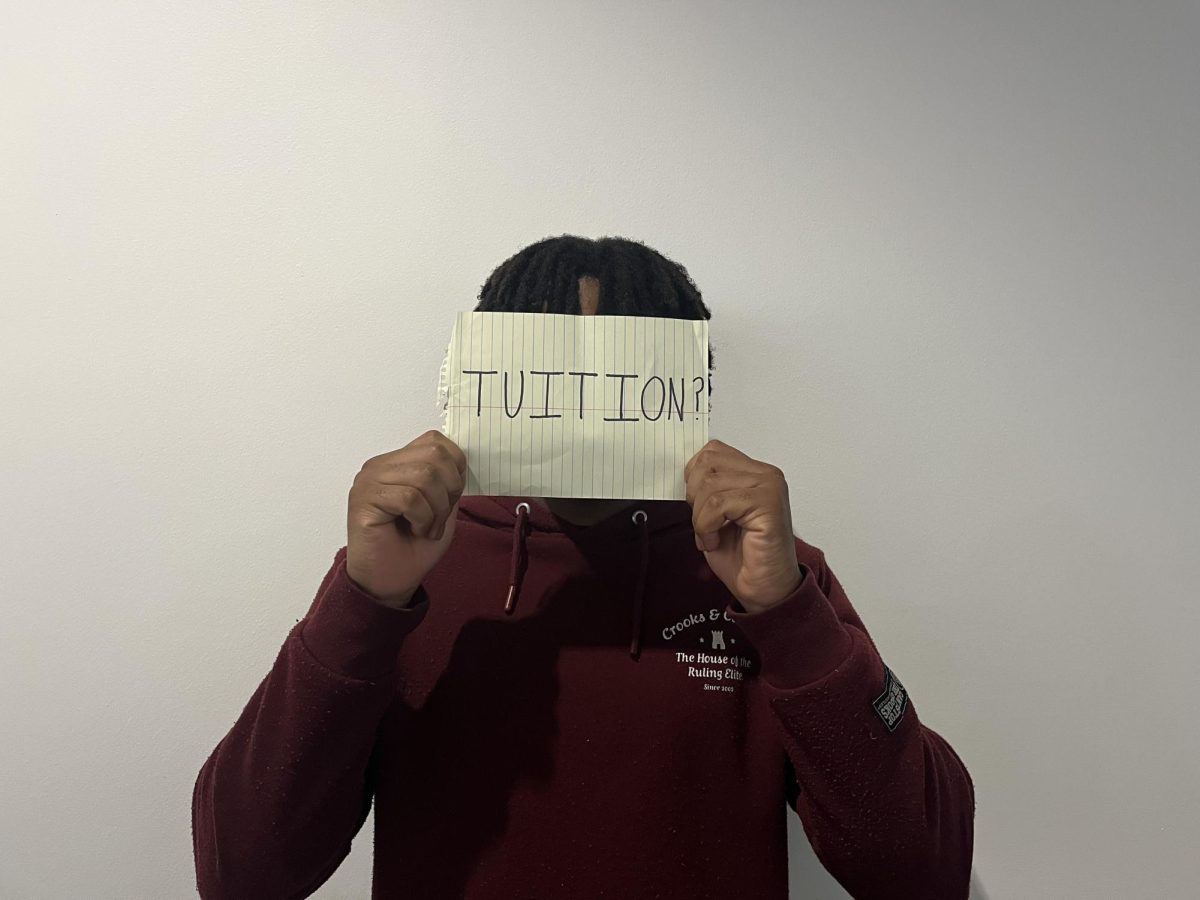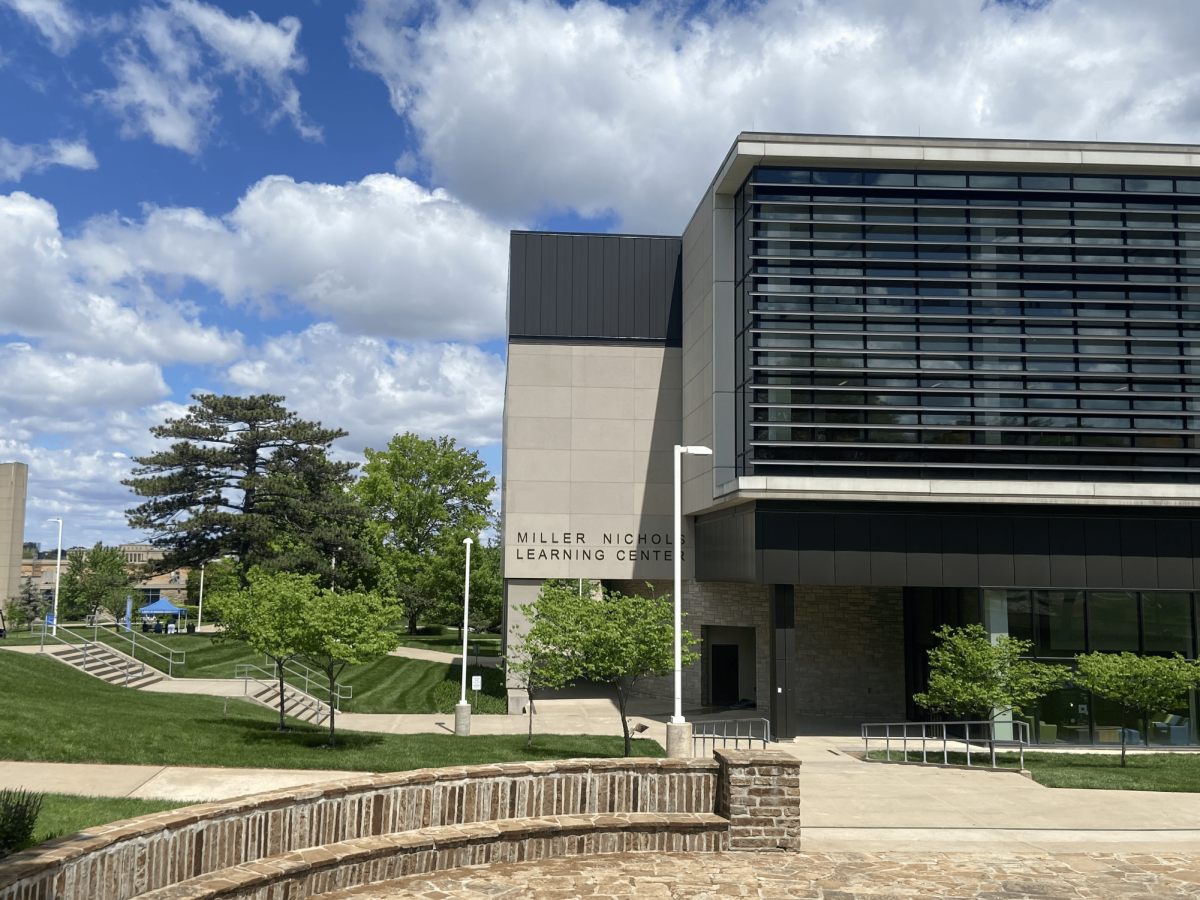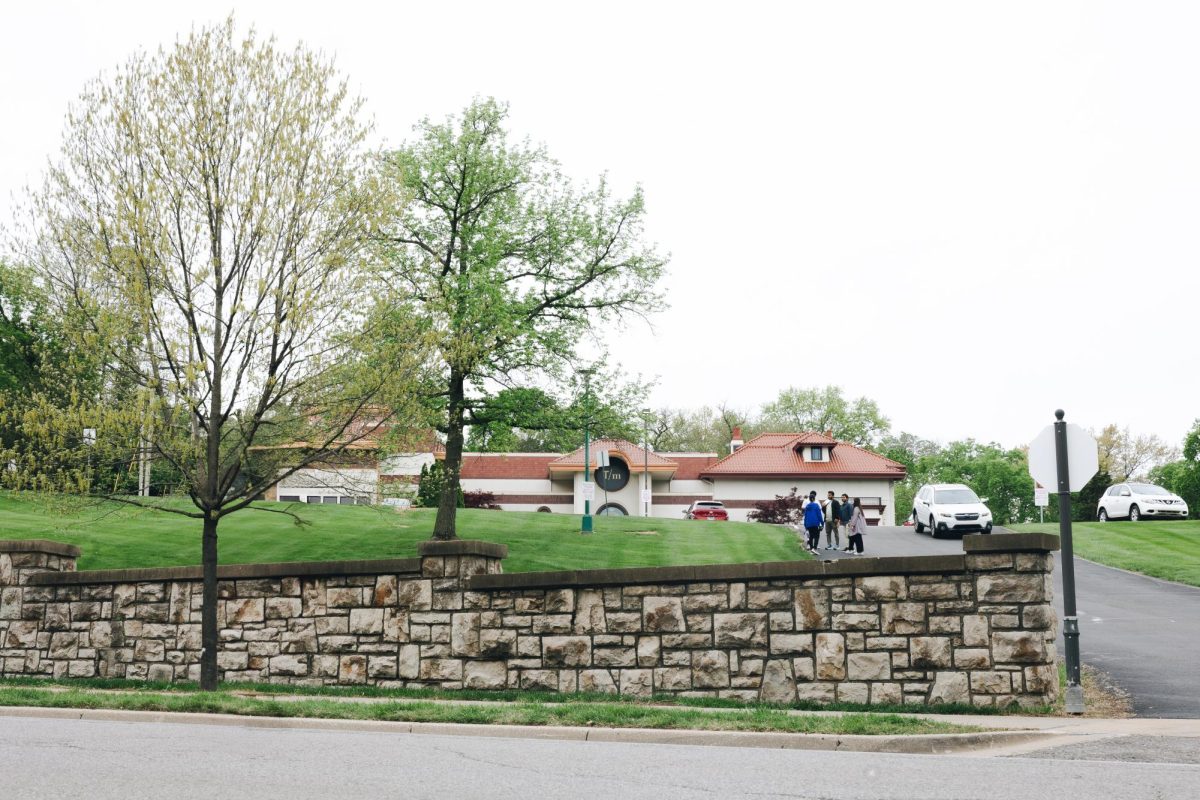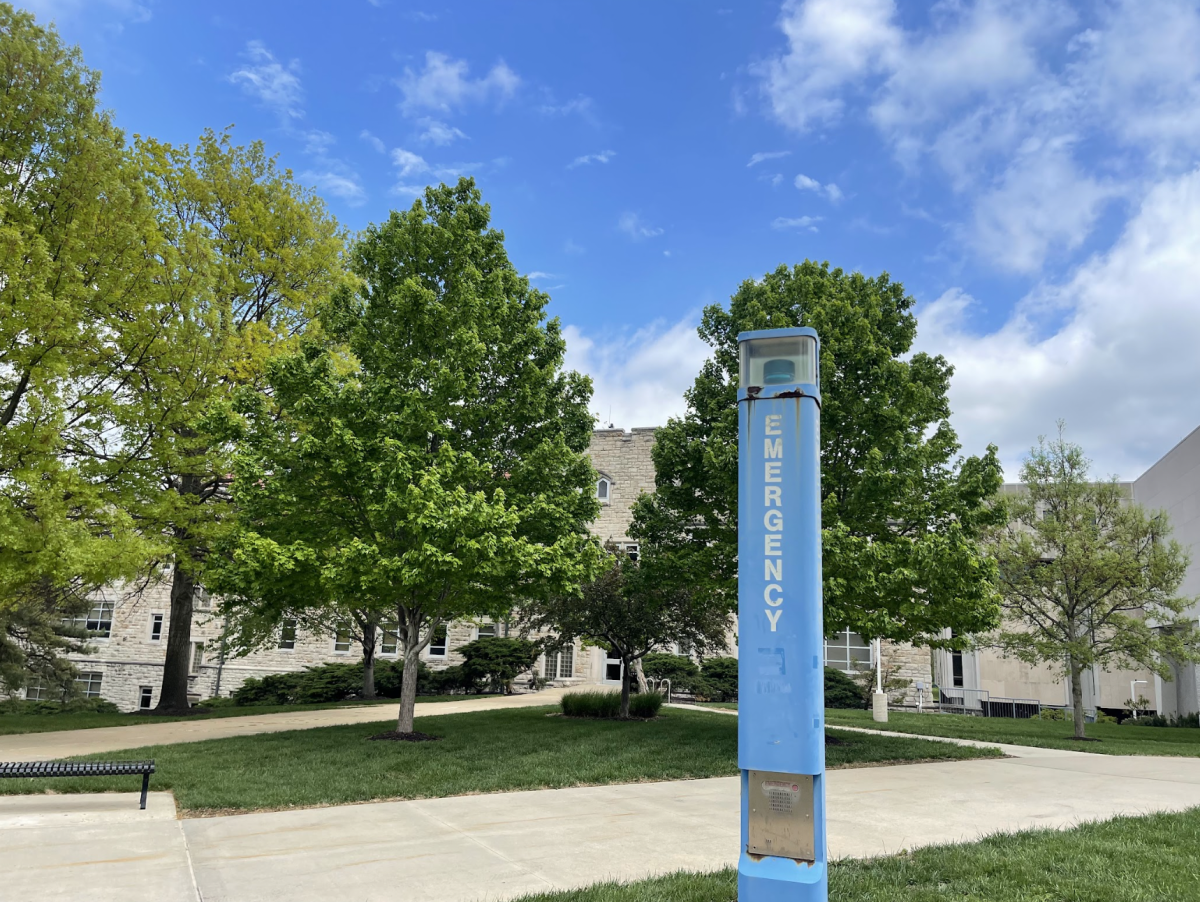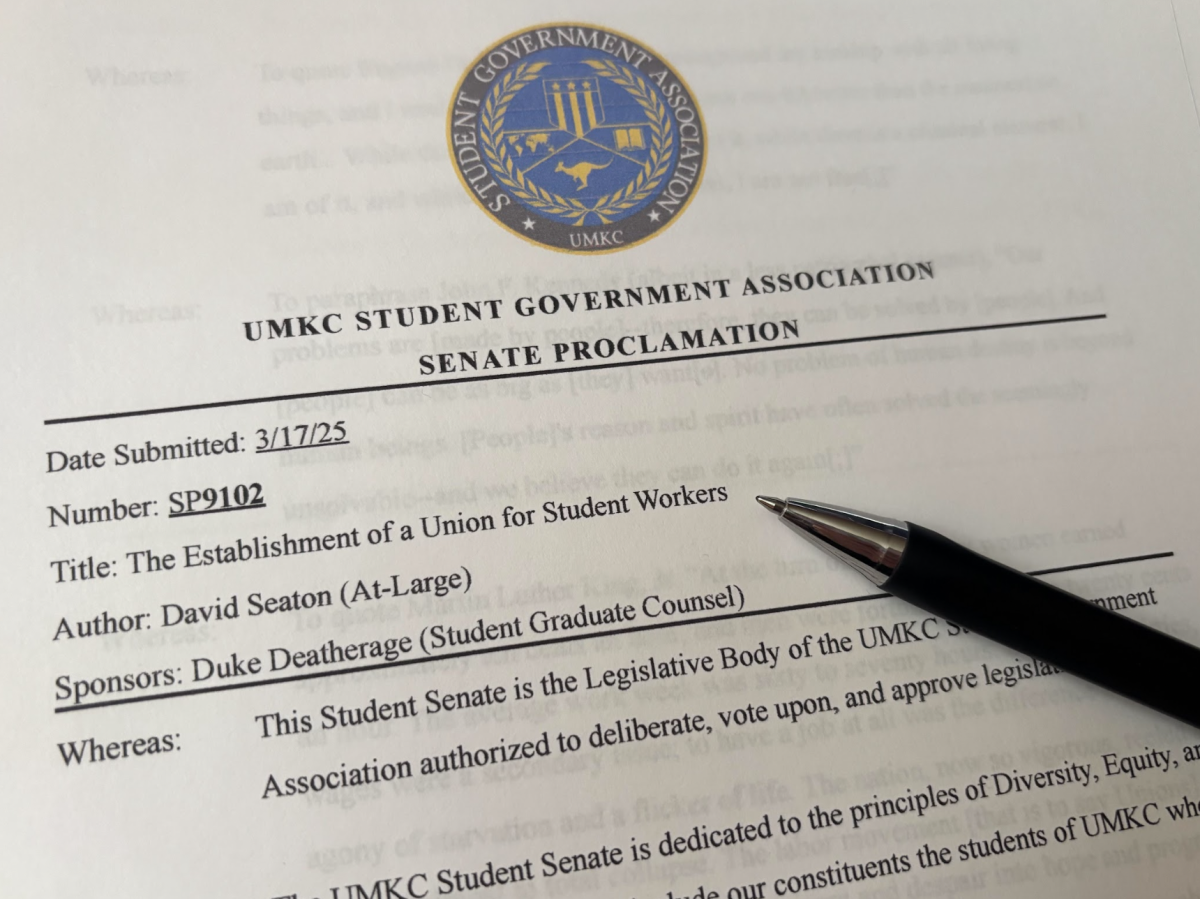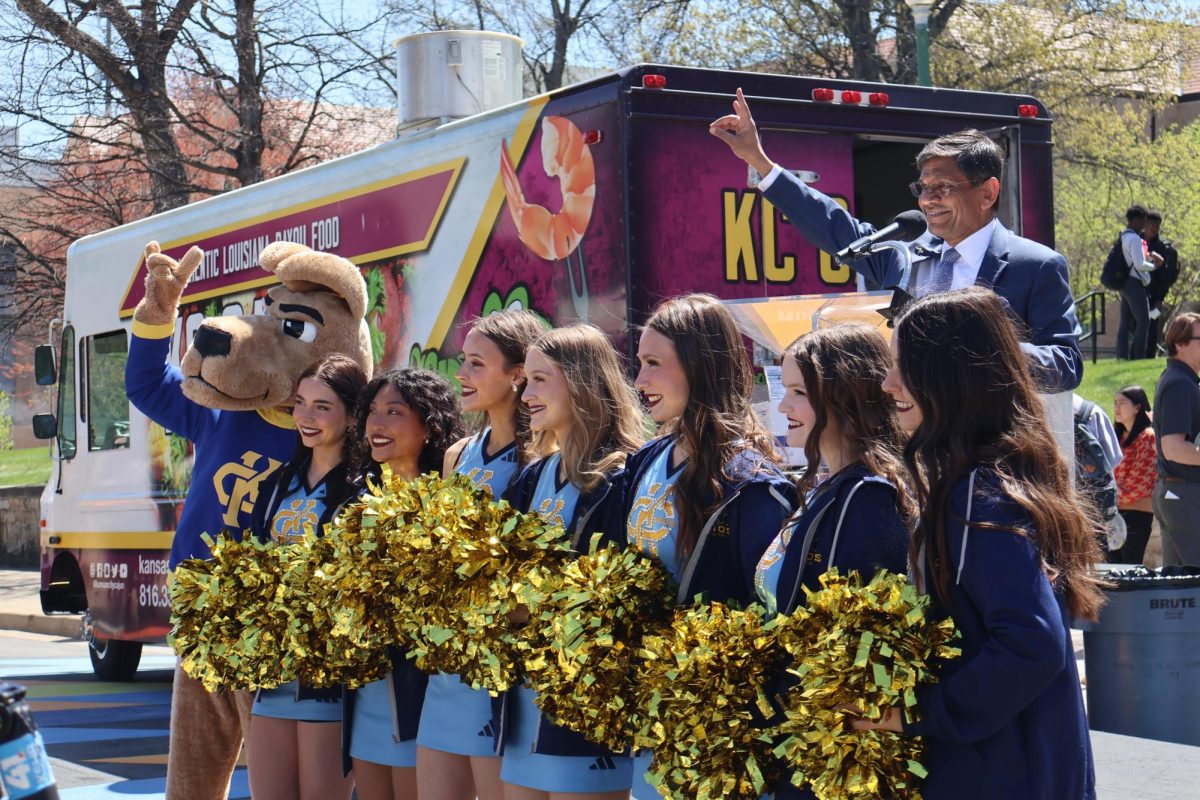Following the recent election, students may face changes in college organization, with potential shifts in financial aid, tuition costs, and curriculum policies.
President-elect Donald Trump said he wants to cut back on spending federal funds on higher education.
Some students voiced their frustrations with the results.
“I am overall disappointed in the lack of empathy for others in this election, especially with how progressive we think our society is today,” said junior Michelle Oliva-Espinosa.
Trump’s platform says “We commit to an Education System that empowers students, supports families, and promotes American Values,” according to the official Republican National Convention Platform document.
With the election of Trump and with Republicans holding majorities in the U.S. Senate and U.S. House, the likelihood of student loan forgiveness may also decrease, according to an analysis from CBS News.
In line with his platform, the administration aims to create and fund “more affordable alternatives to a traditional four-year college degree.” such as a larger focus on two-year and vocational institutions.
Trump has also vowed to abolish the Department of Education, which is responsible for distributing over $30 billion to low-income students through Pell Grants and other federal assistance programs.
“I am primarily concerned about what a possible elimination of Pell and other federal grants may do to students who rely on them,” said sophomore biology major William Sikorski. “I am hopeful for the possibility of restructuring standardized tests to allow for more opportunity to those who may not be good at test taking but are otherwise ready for college.”
At the state level, Missouri saw the reelection of a former associate professor from the University of Missouri, Josh Hawley, to the United States Senate.
Hawley has also been a strong opponent to student loan forgiveness, however his priorities for education lie elsewhere.
Like Trump, Hawley wants to lower the cost of higher education. His plan for this is to propose the Make the Universities Pay Act, which sought to require universities to pay half of defaulted student loan debt.
Governor-elect Mike Kehoe differs from other Republicans in his support of continued funding of higher education.
David Trowbridge, a history professor at UMKC, shared what he plans to do in light of the possible policy changes.
“Our default mode as historians is to, when we are concerned about something, look to the past and find smart people who responded to similar challenges,” Trowbridge said. “That is exactly what we are going to do.”


